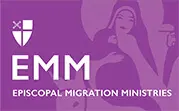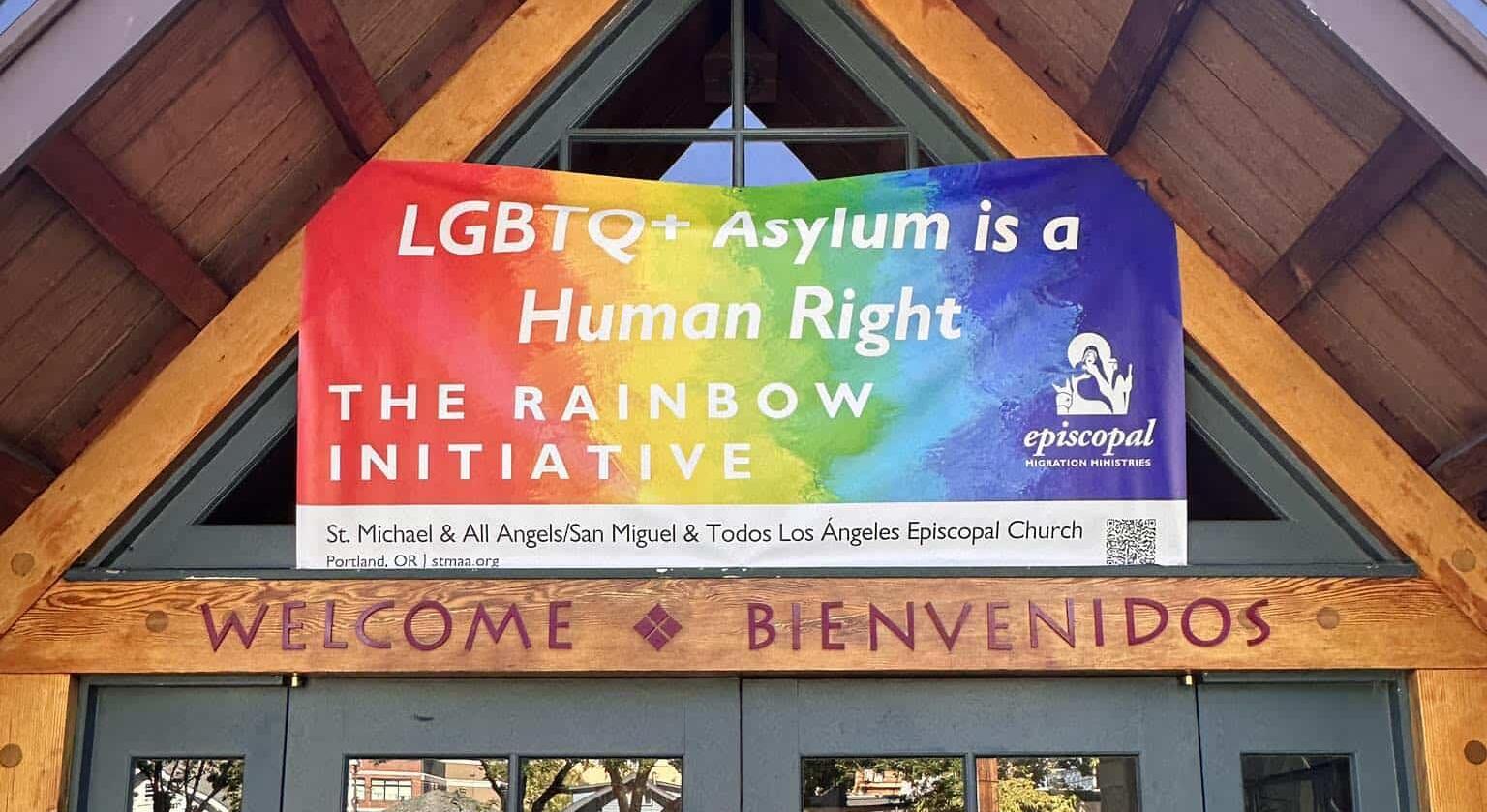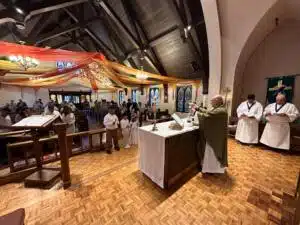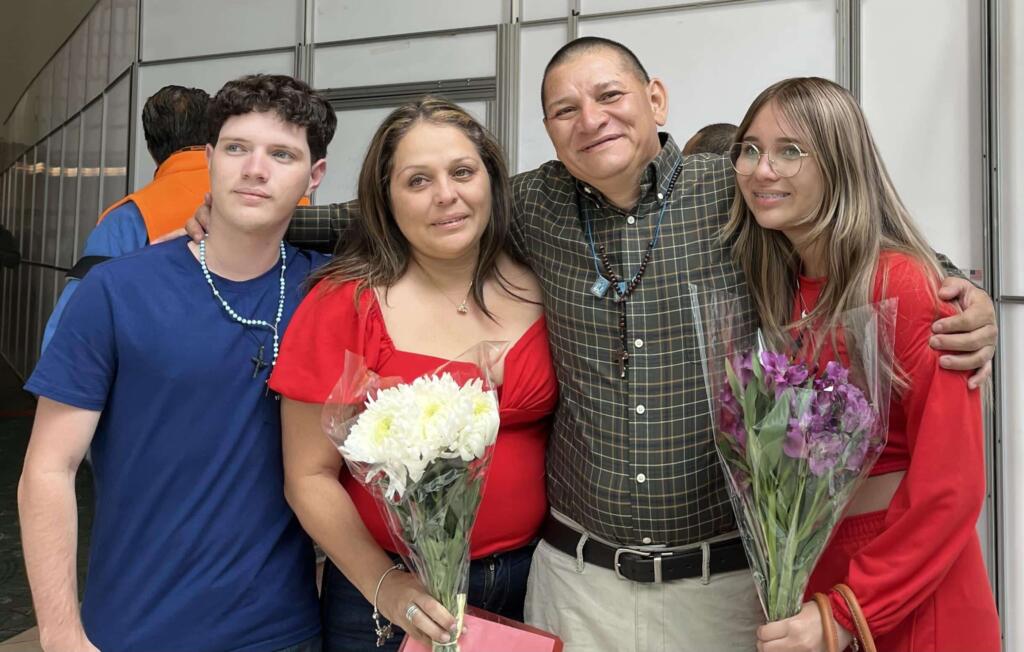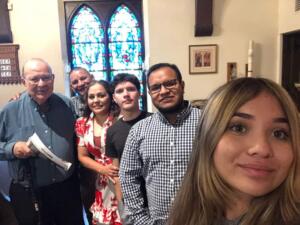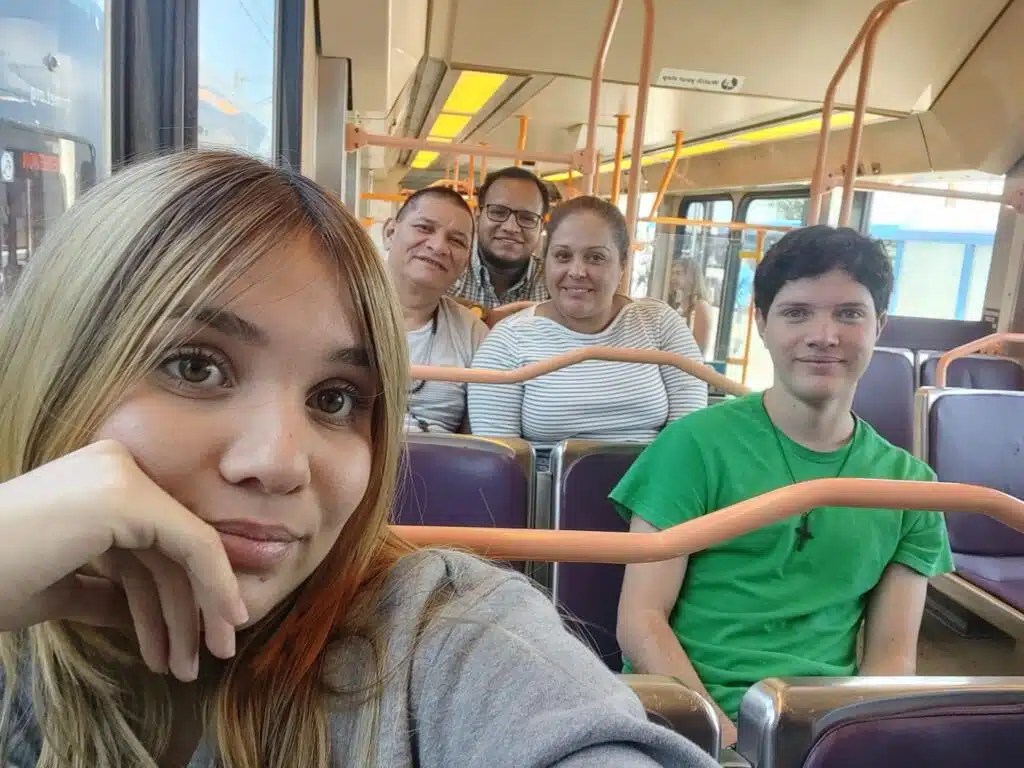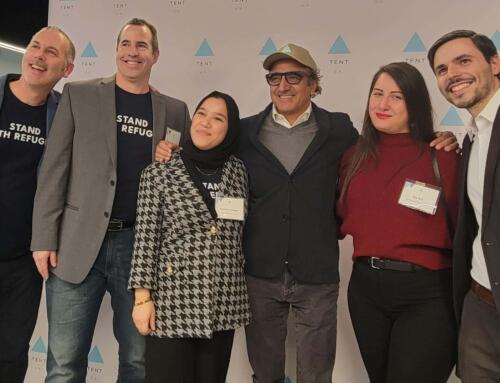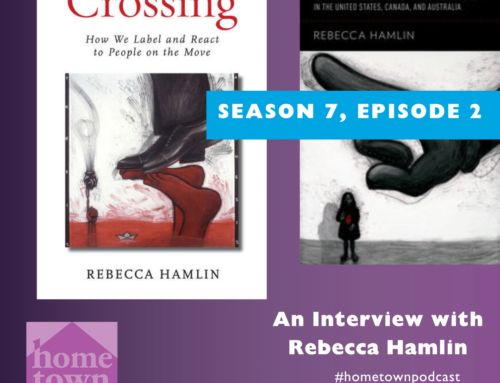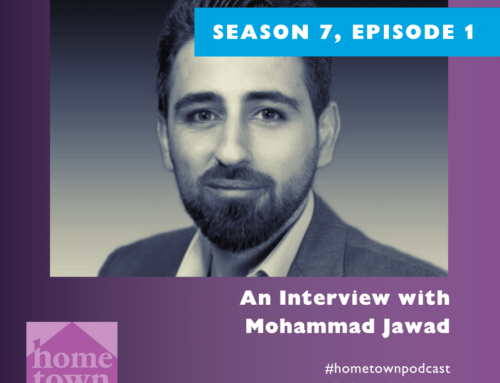Many congregations choose to take part in the work of welcoming newcomers to their communities, including people who enter the U.S. as refugees, SIV holders, humanitarian parolees, and asylum seekers. Here is the story of how one Episcopal congregation, St. Michael and All Angels of Portland, Oregon, stepped up to support a family from Nicaragua who entered the U.S. as humanitarian parolees, a legal status that provides temporary refuge but no real financial support. EMM is grateful to Susie Silva-Strommer and to Beth Ilem for sharing this account of St. Michael’s experience in opening their doors to this family.
***
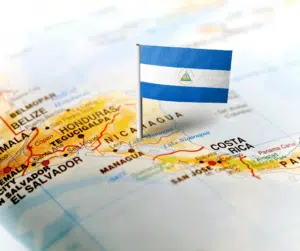
As it turned out, Freddy and the others were part of a group of political prisoners — now commonly referred to as the Nicaraguan 222 — whose release had been negotiated by the U.S. State Department. Instead of being executed as they feared, on the airport tarmac the 222 men and women were passed from Nicaraguan officials to U.S. officials, then loaded onto an airplane, and flown to the Washington Dulles Airport.
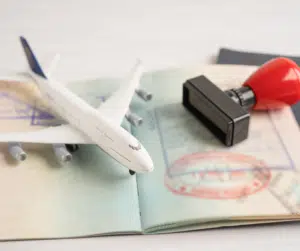
As they were processing the parolees, the U.S. State Department tried to match the released prisoners with family members and friends who might receive them in the U.S. Some had a place to go, others did not. Freddy had nowhere to go. A friend from his hometown, who had also been imprisoned with him, had a son and daughter-in-law in Portland, Oregon. His friend extended the invitation for Freddy to join him in Portland.

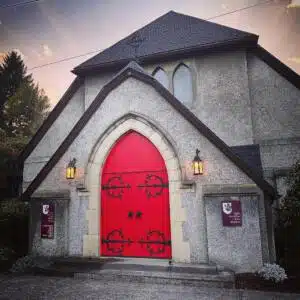
The friend’s son and daughter-in-law, members of St. Michael & All Angels (STMAA) in Portland, invited Freddy to come to church with them. He quickly felt at home at the 1 pm service, which is designed for the Spanish-speaking community. With the encouragement of Padre Beto, the Spanish-speaking assistant rector, Freddy joined a bilingual Lenten book study group. It was here that Freddy would share his experience of imprisonment and the incredible story of his release. Everyone who heard his story felt the Holy Spirit at work in having brought Freddy to STMAA.
With many needs and no financial support from the federal government, Freddy reached out to STMAA’s Immigrant Welcoming Congregation Ministry (IWC). The IWC began to listen to and find ways to respond to the many needs that came from being incarcerated and the casualties of migration. Most pressing was the need to bring his family to safety in the U.S. Freddy had begun to report increased harassment toward his family by local police and soldiers. Their house in Nicaragua was even graffitied with the word “traitor.” His oldest son had to go into hiding for his own safety.
The only hope for his family was for them also to enter the U.S. as “humanitarian parolees” and then to apply for asylum. To enter in this way, each family member would require an “economic sponsor” (an individual or organization that guarantees the family will not become a “public charge”). Working in consultation with Episcopal Migration Ministries, the IWC learned how STMAA as a church could become an economic sponsor. After researching and discussing what this entailed, the IWC approached the STMAA Vestry with a proposal for the church to become the sponsors of Freddy’s immediate family. The Vestry unanimously gave their approval, and the wheels went into motion.
Freddy was ready! With the needed documents and information in hand, members of the IWC worked with Padre Beto to complete the applications for Freddy’s wife and three children. Due to the unique circumstances of the Nicaraguan 222, the U.S. State Department expedited the applications, and their travel visas were approved in record time. Within three weeks of submitting their applications, Freddy was reunited at the Portland Airport with his family and able to hug them all for the first time since his arrest almost a year before.
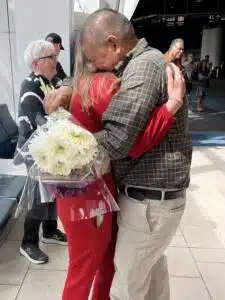
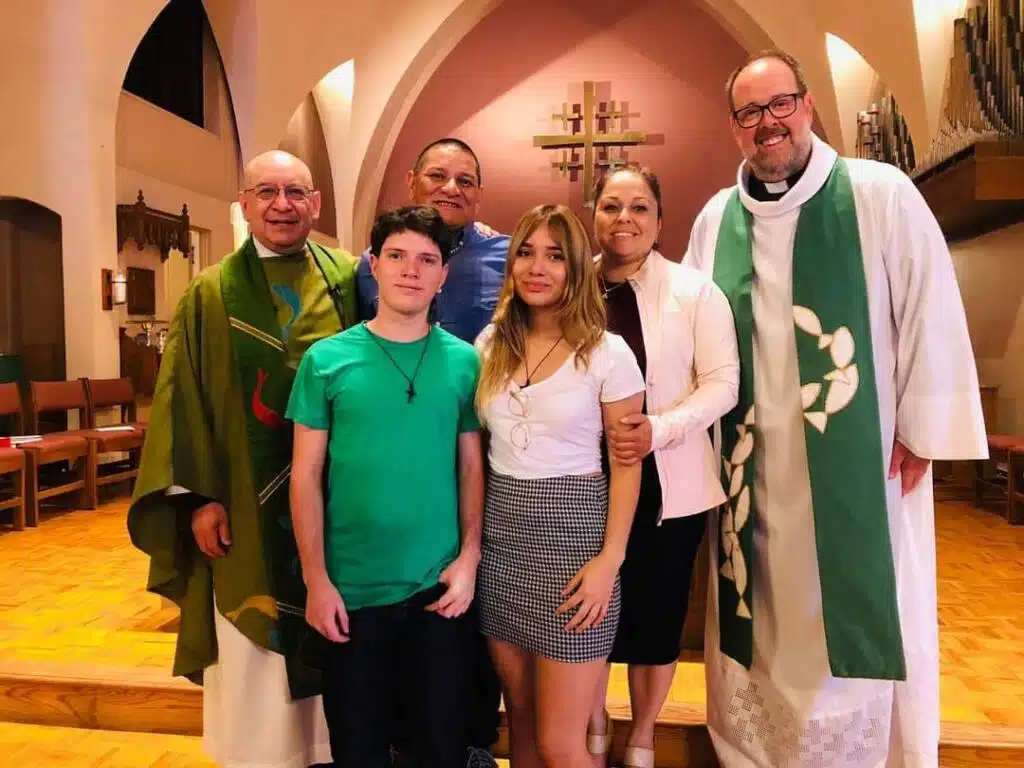
Freddy and his family, reunited for the first time since his politically motivated imprisonment in Nicaragua, have been warmly welcomed by the people and clergy of STMAA. Padre Beto Arciniega (left) and Rector Scott Painter (right), as well as John Scannell, rector emeritus (far right), greet the family at recent services.
Freddy, his wife, and their three children (two young adults and a teenager) have already overcome many hardships. But the hardest part is yet to come. Freddy and his family left everything behind in Nicaragua: family, friends, pets, their home, jobs, school, and so much more. With only what they could fit into two suitcases each, they now must make a home for themselves in a place where they do not speak the language and where the customs and lifestyle are very different. The IWC is grateful for the support of the Vestry, who agreed to sponsor Freddy’s family and to allow them to live temporarily in St. Michael’s House, a multi-purpose structure on the grounds of the church, as they begin the complicated process of finding jobs, finding a new place to live and acclimating to a new environment.
We ask that you pray for Freddy and his family during this challenging time. The IWC has established a Resettlement Fund not only to help Freddy’s family to get settled but to support future families seeking asylum. If you would like to make a cash contribution specifically to the Resettlement Fund, you may do so by check (please clearly note “resettlement fund” in the memo line) or online at the STMAA website (see “support our ministries”). An anonymous donor has generously offered to match the first $7,500 in donations made to this fund.
For more information regarding the Resettlement Fund or other ways to support Freddy’s family, please contact Beth Ilem at [email protected] .
***
Interested in welcoming a refugee or asylum-seeking family to your community? Learn more and take EMM’s Welcome Assessment here.
